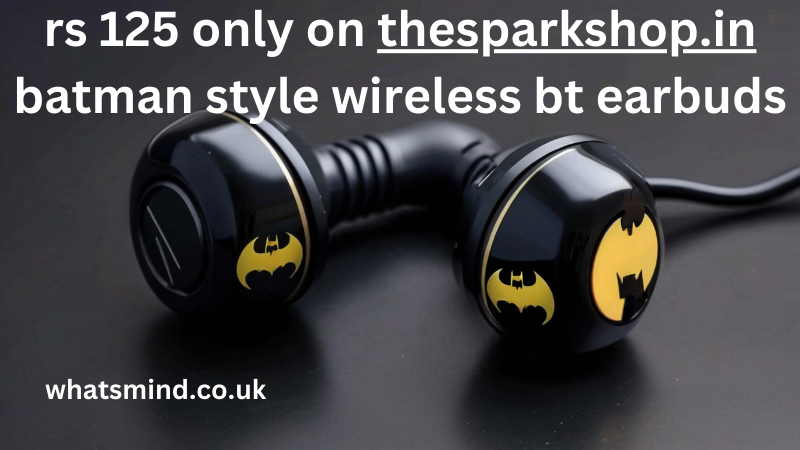In today’s world, surveillance and privacy are major concerns for many people. Hidden cameras, often referred to as spy cameras, have grown in popularity for various purposes, from home security to professional investigations. However, they also raise important ethical and legal questions. This article will explore the advantages, common uses, and the issues surrounding hidden cameras.
What Is a Hidden Camera?
A hidden camera is a small, often inconspicuous device used to capture video footage or images without the knowledge of the person being recorded. These cameras are often disguised as everyday objects, such as clocks, picture frames, or smoke detectors, making them difficult to detect.
Types of Hidden Cameras
1. Wired Hidden Cameras
These cameras are connected to a recording device via a physical wire, ensuring a steady stream of footage. Though reliable, their installation can be tricky and may not always offer the same flexibility as wireless options.
2. Wireless Hidden Cameras
Wireless cameras transmit footage via Wi-Fi or another network connection, making them more versatile. They are easier to hide and set up, but they depend on a strong internet connection to work efficiently.
3. Motion-Activated Cameras
These hidden cameras only start recording when they detect movement. This feature helps save battery life and storage space, making them a popular choice for home security.
4. Nanny Cams
Designed specifically to monitor caretakers or children, nanny cams are often small and concealed within ordinary household items like toys or plants.
Common Uses for Hidden Cameras
1. Home Security
Many homeowners use hidden cameras as part of their security systems. These cameras can monitor entry points or valuable items, providing peace of mind when you’re not home.
2. Business Surveillance
Companies may install hidden cameras to keep an eye on employees or customers, ensuring workplace safety and preventing theft.
3. Investigative Purposes
Private investigators and law enforcement agencies sometimes use hidden cameras during investigations. These devices allow them to gather evidence discreetly without alerting the subjects.
4. Monitoring Caregivers
Hidden cameras are often employed by concerned family members to check in on nannies, babysitters, or elder care providers. These cameras help ensure that their loved ones are receiving proper care.
The Ethical and Legal Concerns of Using Hidden Cameras
While hidden cameras can provide security and peace of mind, they also raise significant ethical and legal issues:
1. Invasion of Privacy
Recording someone without their knowledge, especially in private settings, can be a severe invasion of privacy. It’s important to understand the ethical implications before installing a hidden camera.
2. Legal Restrictions
The laws surrounding hidden cameras vary from country to country and even state to state. In many places, recording someone in private areas, such as bathrooms or bedrooms, without their consent is illegal. Always research the legal framework before using a hidden camera in your region.
3. Workplace Monitoring
If employers use hidden cameras in the workplace, they must ensure they comply with labor laws, which often require transparency and prior notice to employees.
How to Detect Hidden Cameras
If you’re concerned about hidden cameras in private spaces, there are several ways to detect them:
- Look for unusual objects or lights: Some hidden cameras may emit a small blinking light when recording.
- Use a camera detector: Special devices can scan for hidden cameras by picking up signals emitted by wireless models.
- Check for lens reflections: A camera lens may reflect light, making it easier to spot.
Conclusion
Hidden cameras can be a valuable tool for ensuring security and gathering information, but their use comes with ethical and legal responsibilities. Whether you’re using them for home security, business, or investigative purposes, it’s important to balance the need for surveillance with respect for others’ privacy. Always make sure you’re aware of local laws before installing a hidden camera to avoid unintended legal consequences.
FAQs
- Is it legal to install hidden cameras in my home?
In most cases, it is legal to install hidden cameras in your own home, especially for security purposes. However, recording people in private areas like bathrooms without their consent is illegal in many regions. - Can hidden cameras be detected easily?
While hidden cameras are designed to be discreet, they can sometimes be detected by checking for lens reflections, unusual objects, or using a camera detector device. - What are the best places to hide a camera for home security?
Hidden cameras can be placed in everyday objects like clocks, picture frames, or plants. The key is to ensure they blend into the environment while providing a clear view of the area you want to monitor. - Are hidden cameras ethical?
The ethical use of hidden cameras depends on how and where they are used. It’s important to balance the need for surveillance with the respect for others’ privacy, especially in private settings. - Can employers use hidden cameras to monitor employees?
In many regions, employers can use hidden cameras, but they must inform employees of their use. Recording in private areas like bathrooms or locker rooms is usually prohibited by law.

